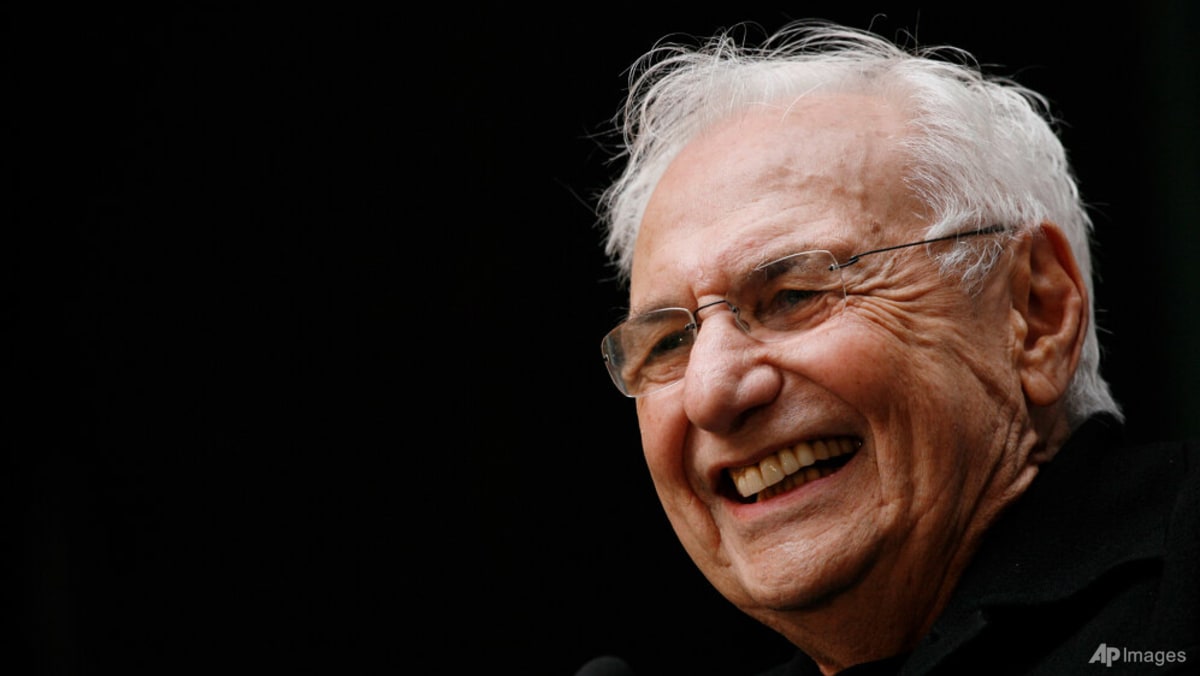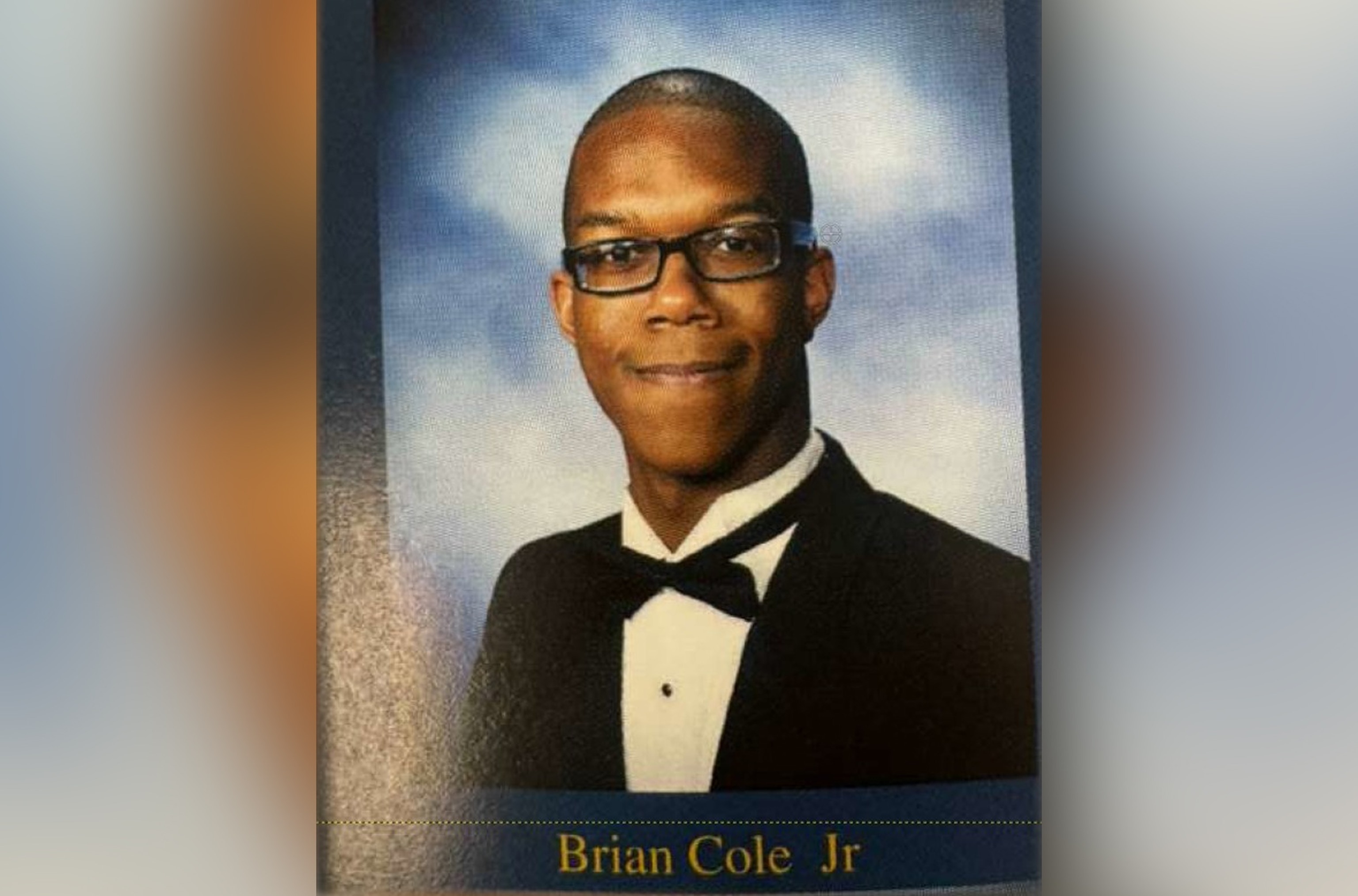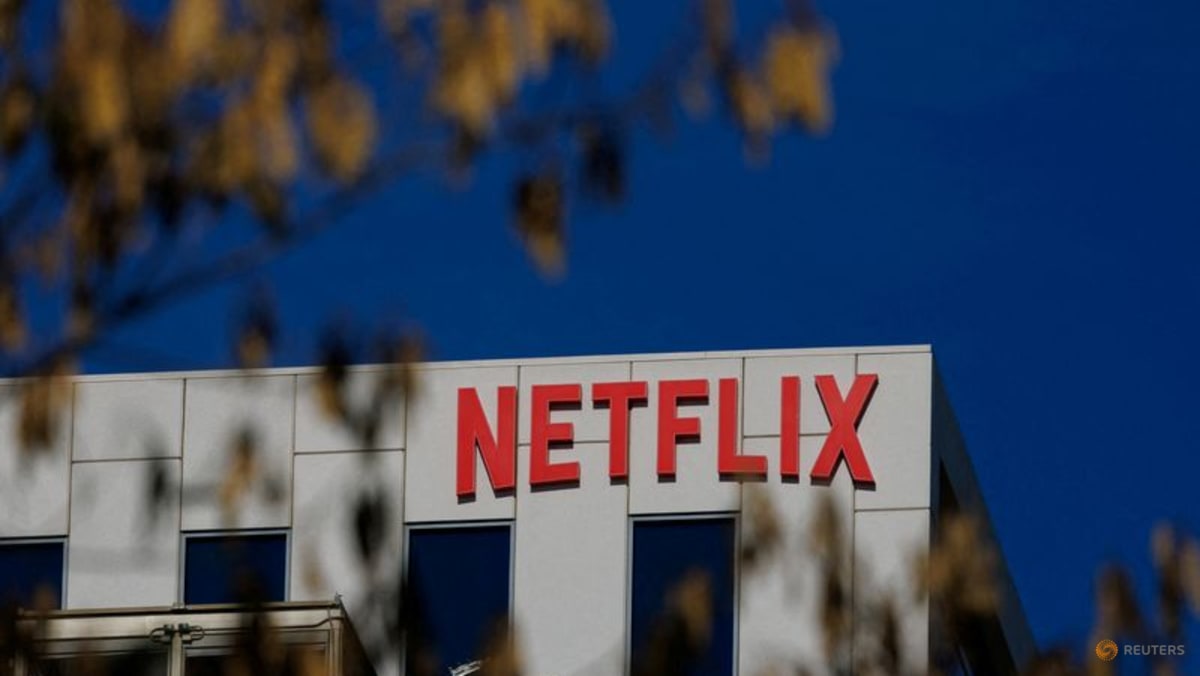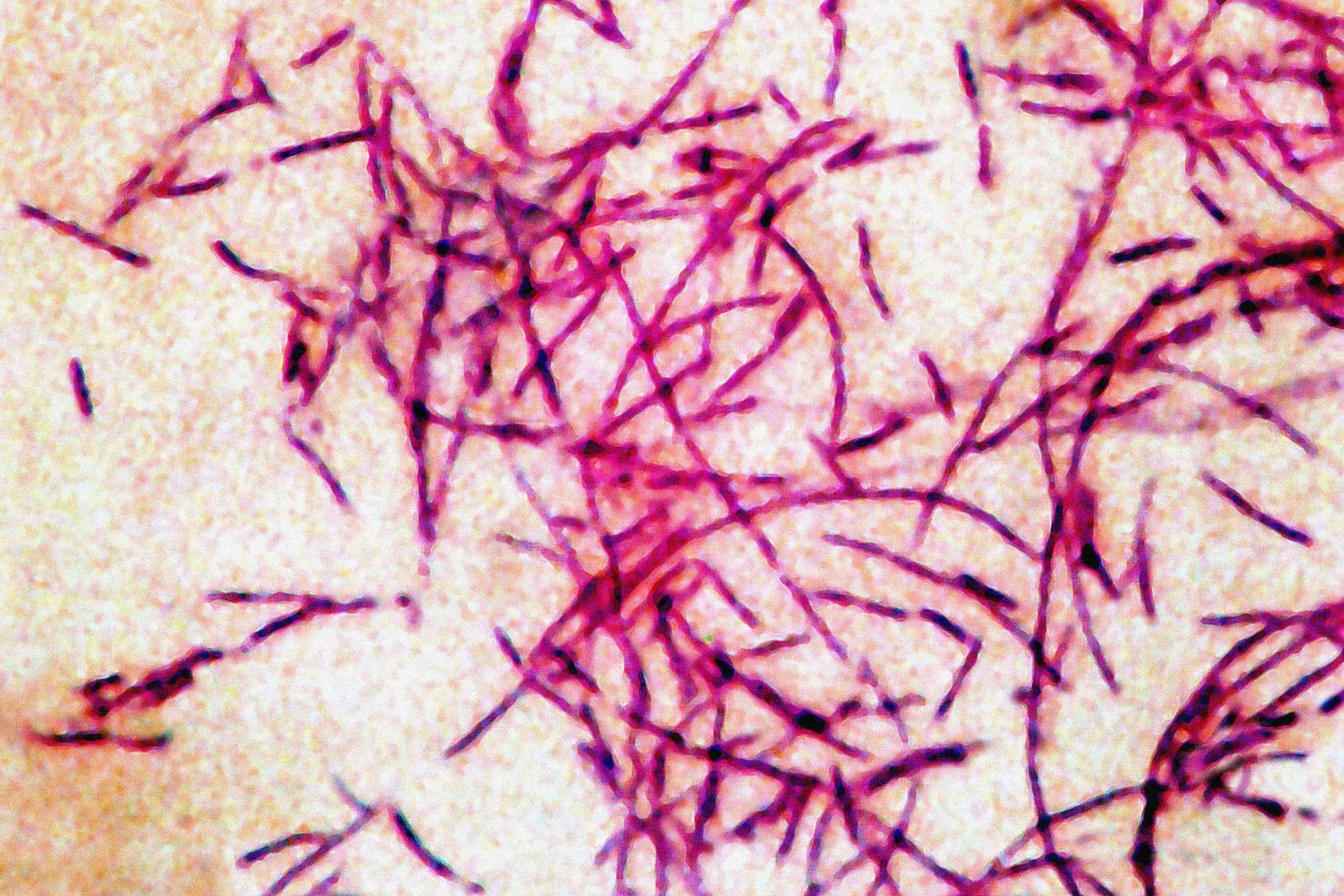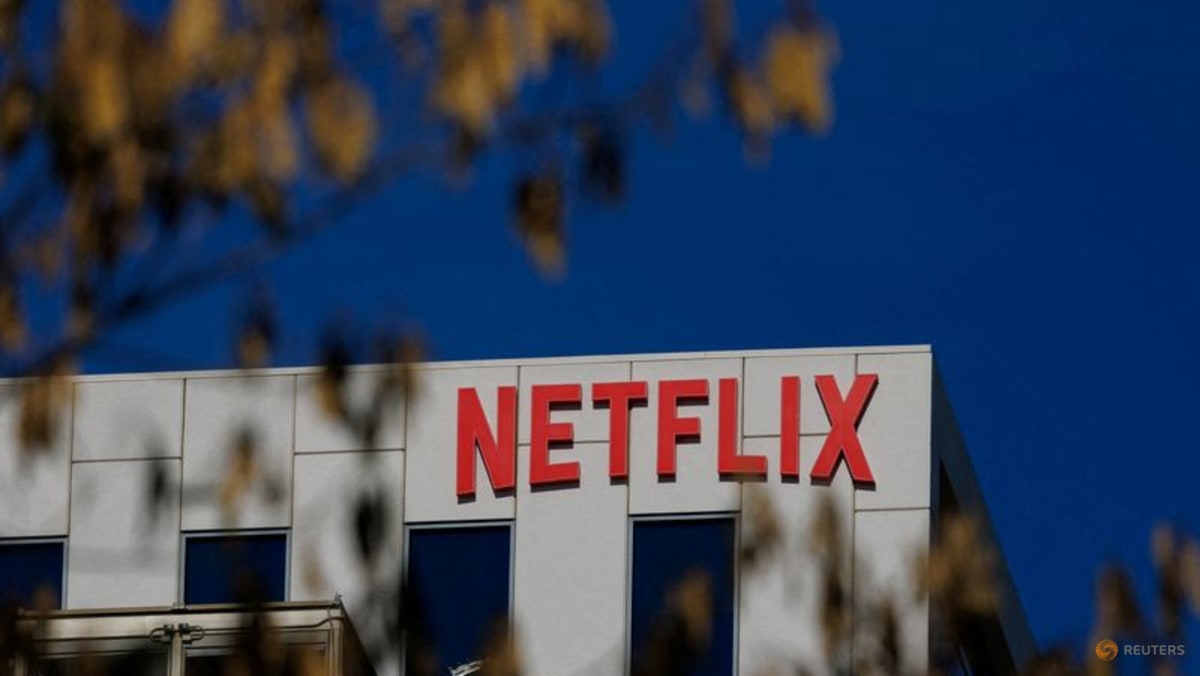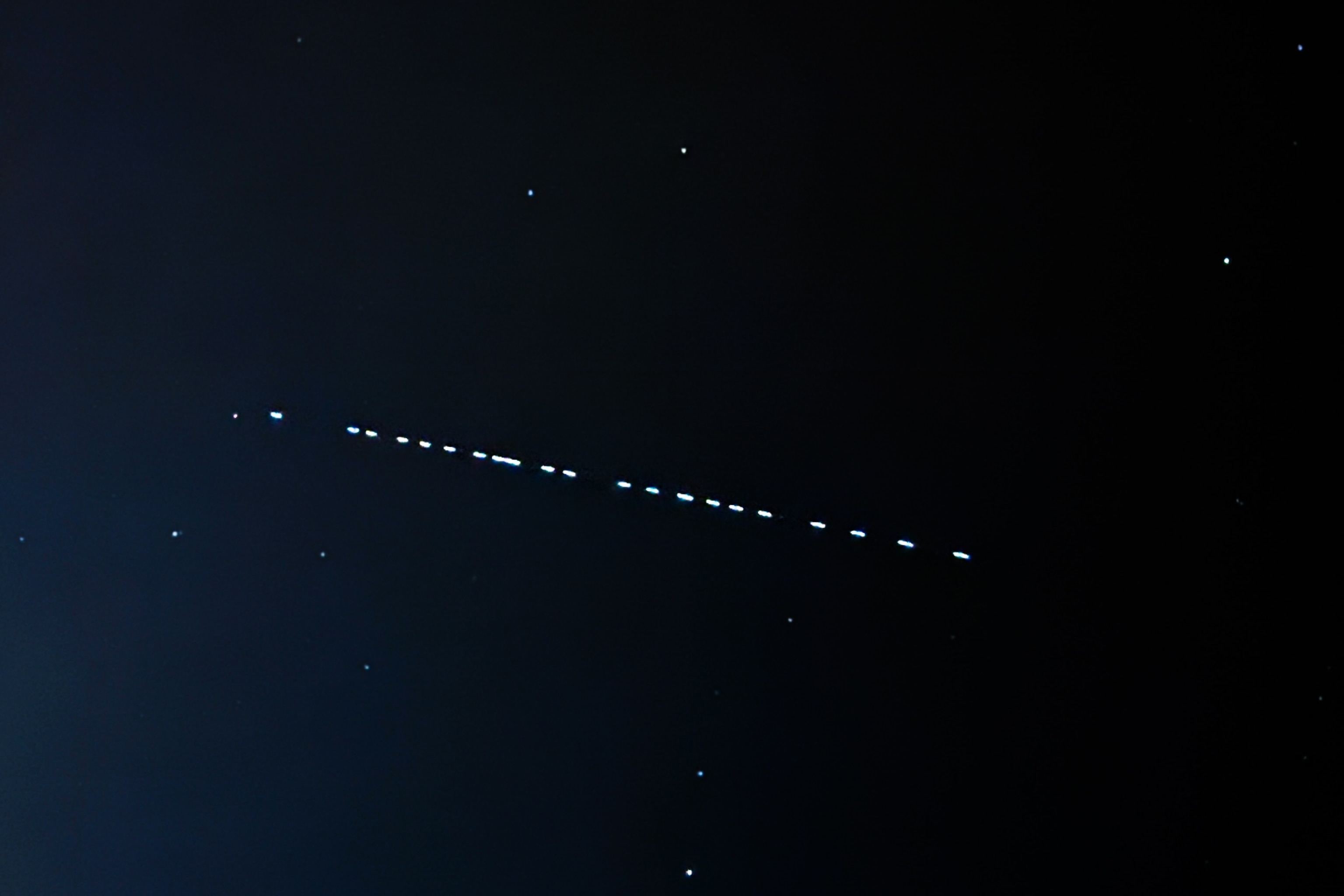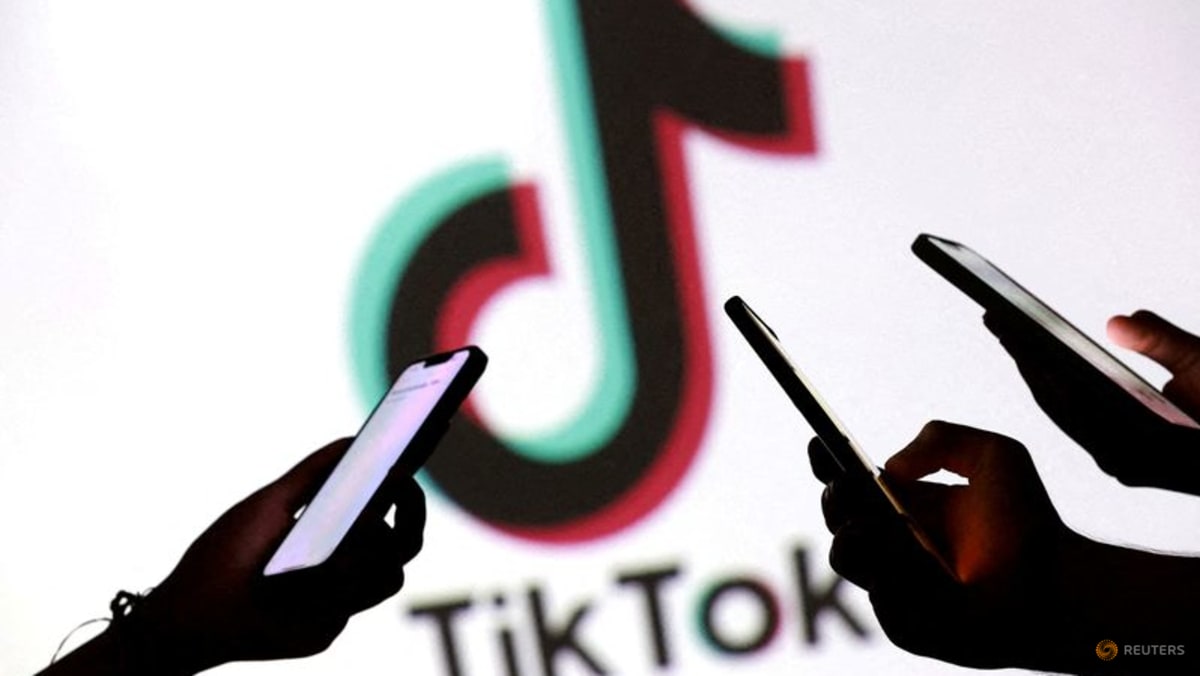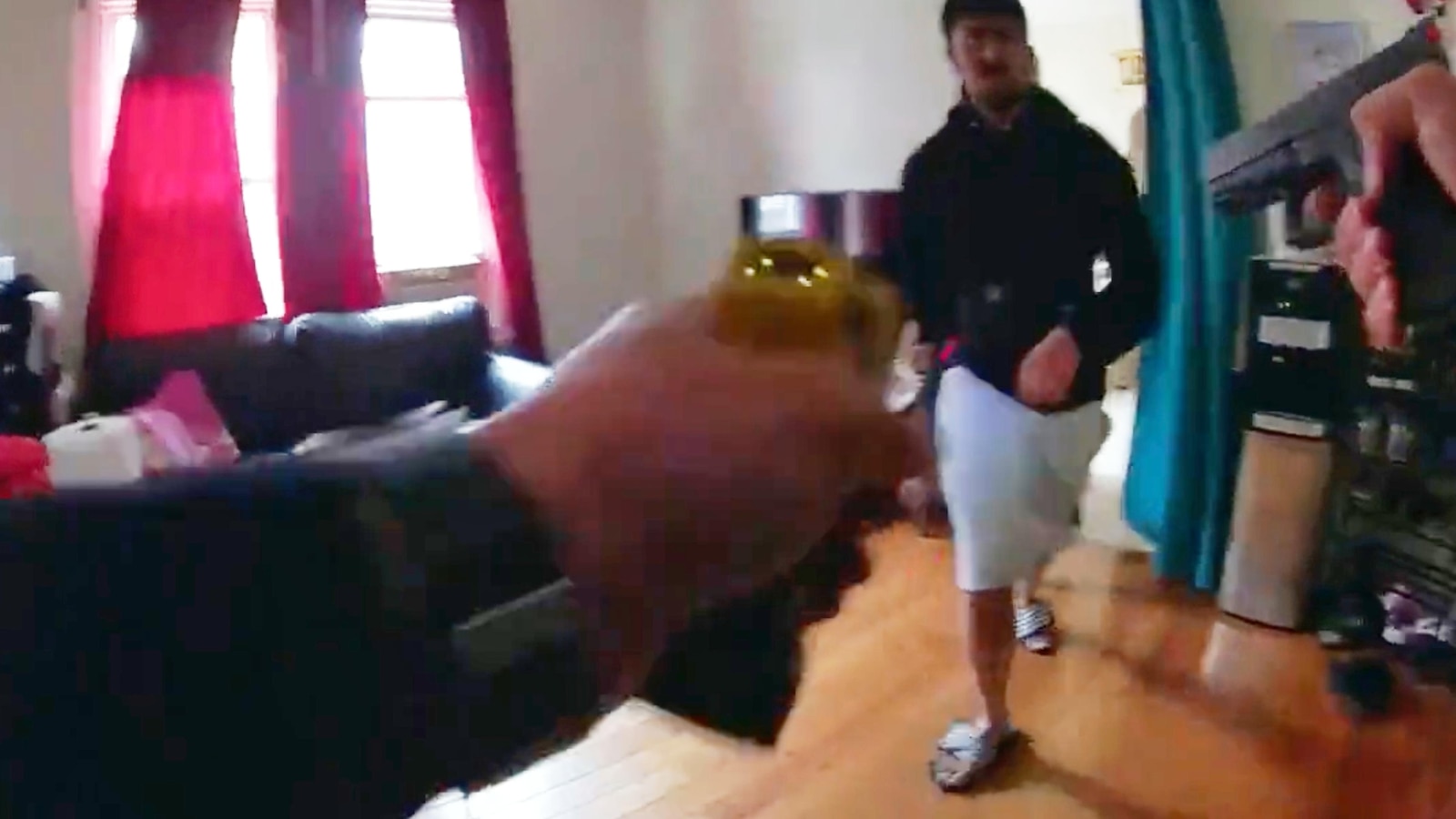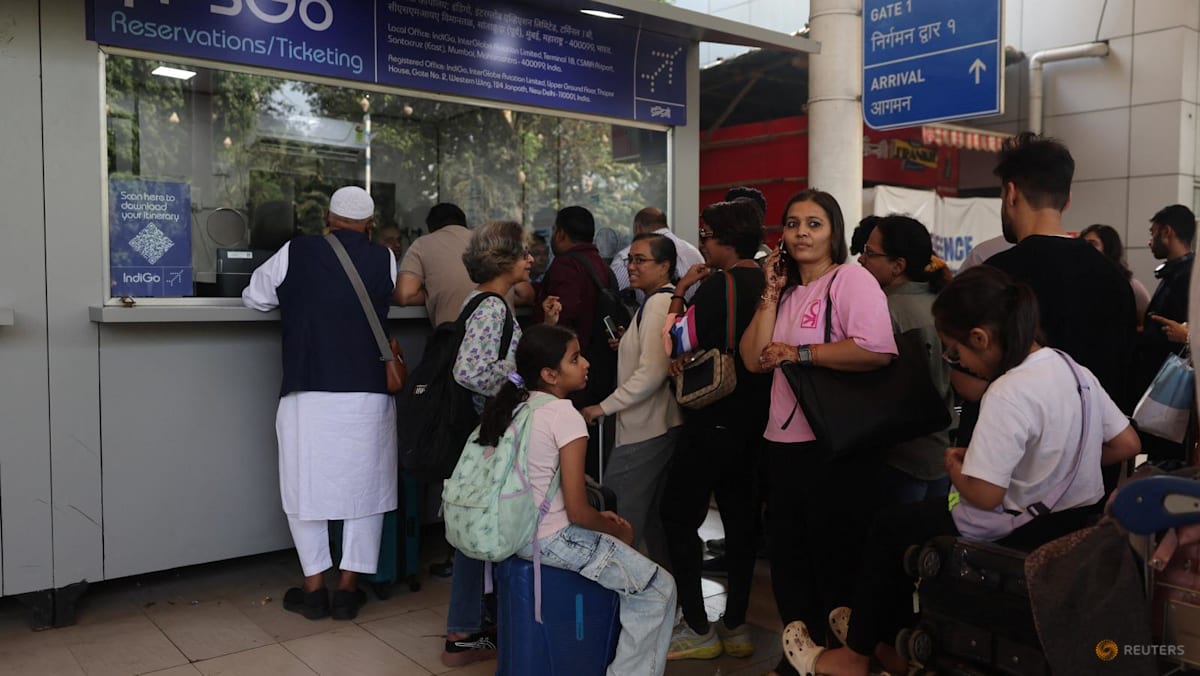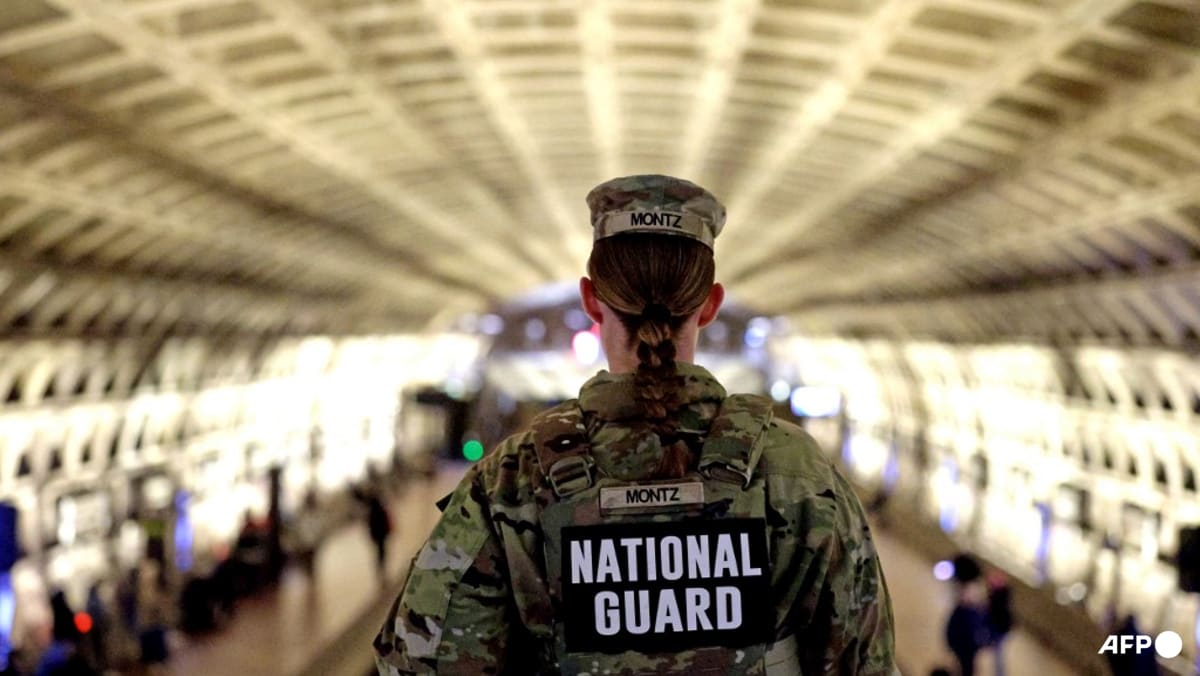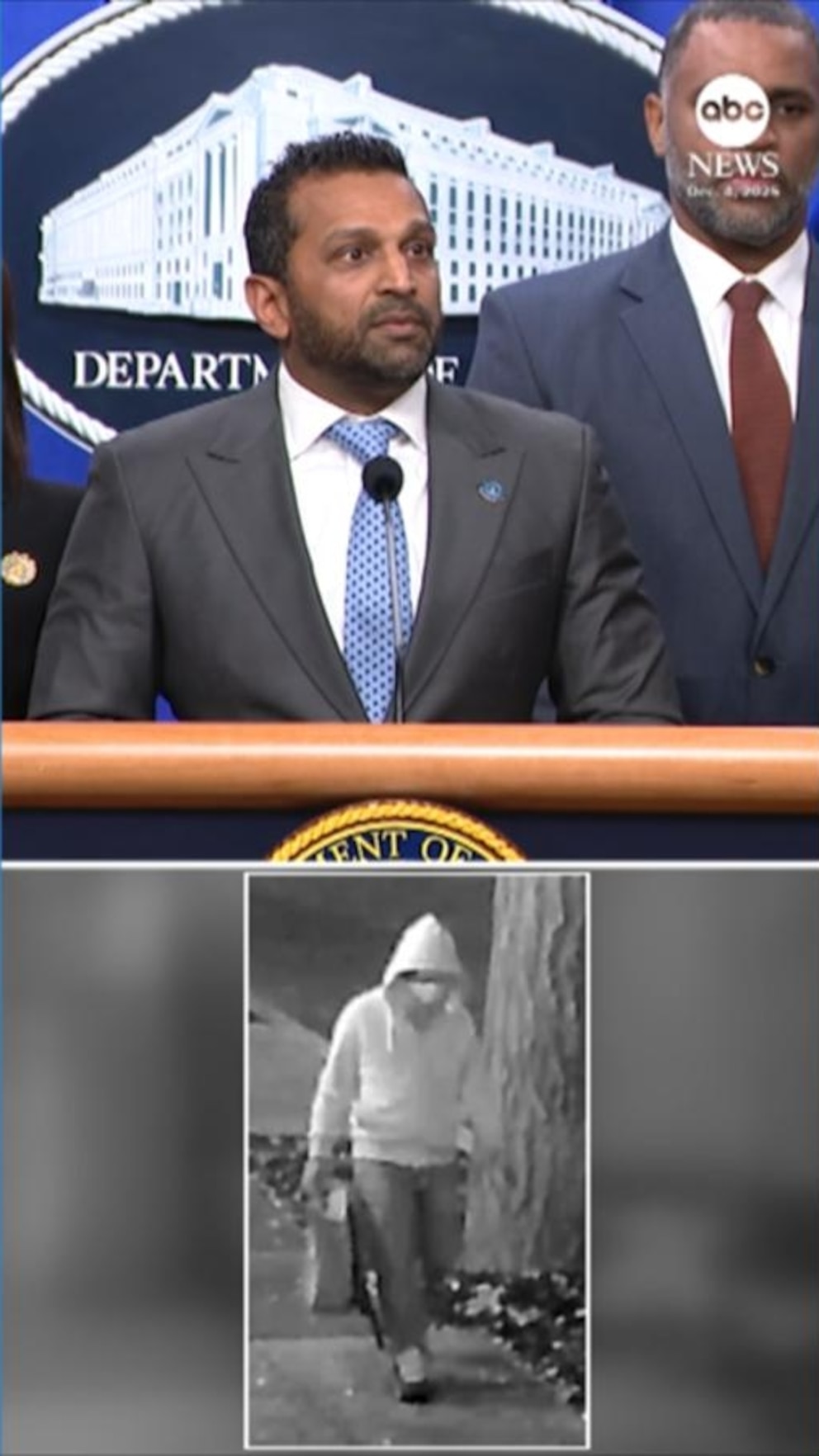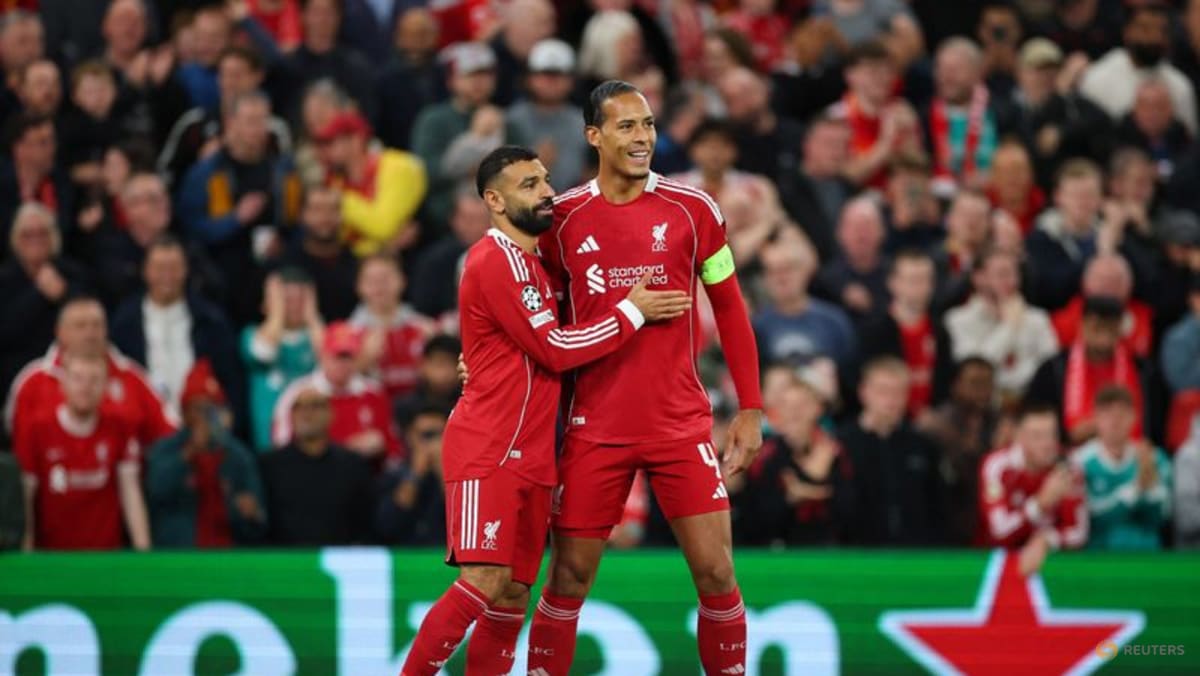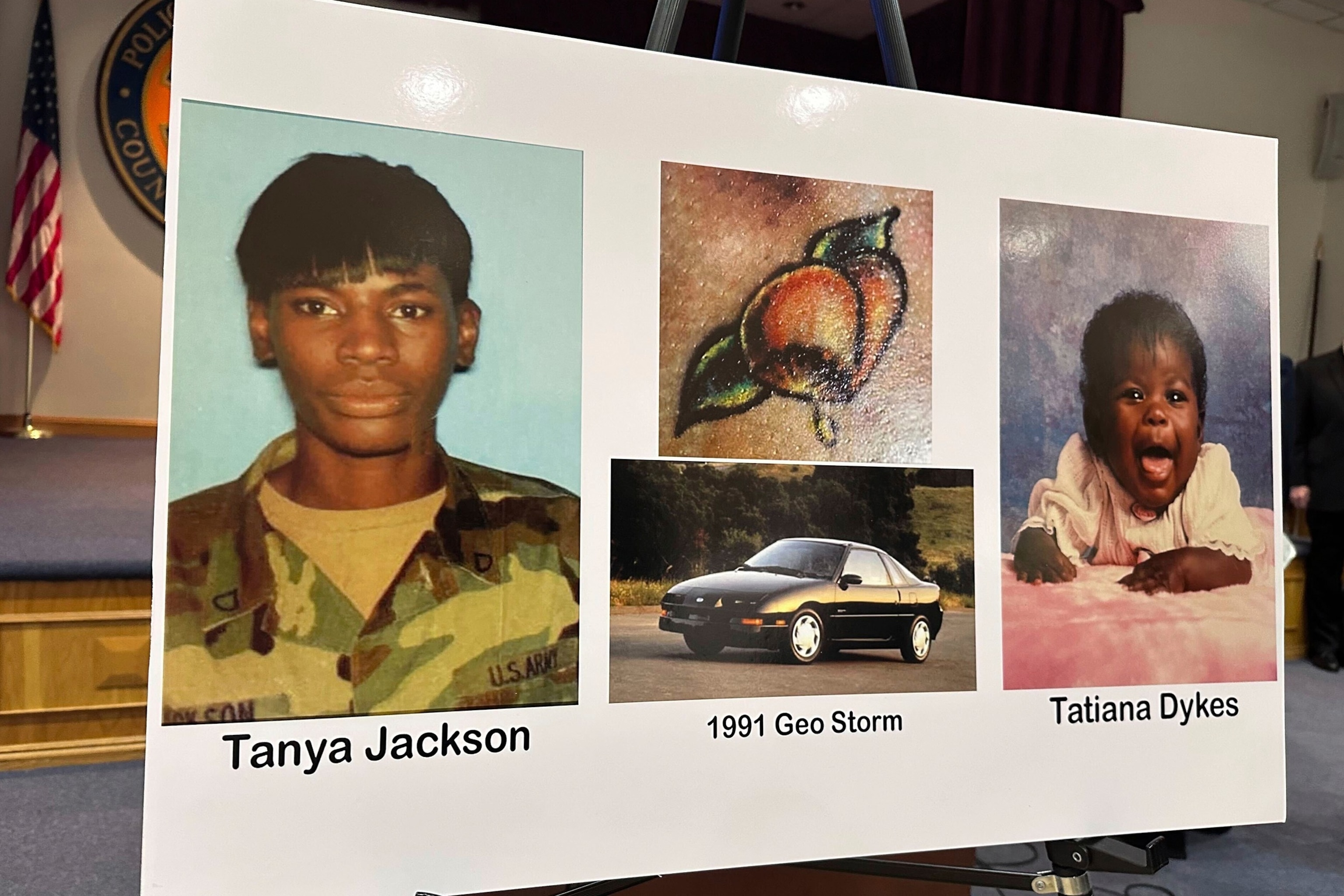What is Hezbollah, the Lebanese group backing Hamas in its war with Israel?

WHAT IS ITS ROLE IN THE ISRAEL-HAMAS CONFLICT SO FAR?
Hezbollah has deep ties to Hamas, which controls Gaza, and Islamic Jihad, another Palestinian faction backed by Iran.
Hezbollah said that it was in “direct contact with the leadership of the Palestinian resistance” on Oct 7, the day Hamas militants carried out an unprecedented assault from Gaza into Israel, killing 1,300 people. In Israel’s intensive airstrikes on Gaza in response, more than 2,750 people have been killed.
Since Oct 7, Hezbollah has exchanged cross-border fire with Israel numerous times. Hamas and Islamic Jihad, which both have a presence in Lebanon, have mounted attacks on Israel from Lebanon for the first time, including an Oct 10 cross-border infiltration into Israel by Islamic Jihad.
Tzachi Hanegbi, the national security adviser to Israeli Prime Minister Benjamin Netanyahu, said on Oct 14 that the hostilities appeared to be restrained. Hanegbi warned Hezbollah not to take action that could lead to Lebanon’s “destruction”.
WHAT REGIONAL SWAY DOES HEZBOLLAH HAVE?
Hezbollah has been a source of inspiration and support for other Iranian-backed groups across the Middle East. It has trained armed groups in Iraq and taken part in fighting there.
Saudi Arabia says Hezbollah has also fought in support of the Iran-allied Houthis in Yemen. Hezbollah denies this.
WHAT IS HEZBOLLAH’S ROLE IN LEBANON?
Hezbollah’s influence is underpinned by its sophisticated arsenal and the support of many Lebanese Shia Muslims who say that the group defends Lebanon from Israel.
Lebanese parties opposed to Hezbollah say that the group has undermined the state and accuse it of unilaterally dragging Lebanon into armed conflicts.
Hezbollah has ministers in government and lawmakers in parliament.
It entered Lebanese politics more prominently in 2005 after Syria withdrew forces from Lebanon following the killing of former prime minister Rafik al-Hariri, who symbolised Saudi influence in the country.
A United Nations-backed court convicted three Hezbollah members in absentia over the assassination. Hezbollah denies any role, describing the court as a tool of its enemies.
In 2008, a power struggle between Hezbollah and its Lebanese political adversaries, who had the backing of the West and Saudi Arabia, spiralled into a brief conflict. Hezbollah fighters took over parts of Beirut after the government vowed to take action against the group’s military communications network.
In 2016, Hezbollah-allied Christian politician Michel Aoun became president – in Lebanon’s sectarian political system, the presidency is held by a Maronite Christian.
Two years later, Hezbollah and its allies won a parliamentary majority. This majority was lost in 2022, but the group continued to exercise major political sway.
The group campaigned against a judge investigating the 2020 Beirut port explosion, which devastated swathes of the capital, after he sought to question Hezbollah’s allies. The stand-off prompted deadly clashes in Beirut in 2021.
Source: CNA


